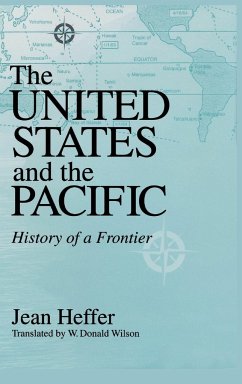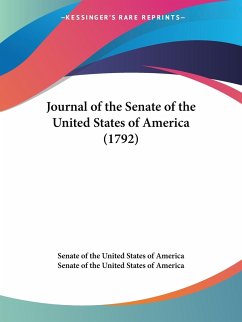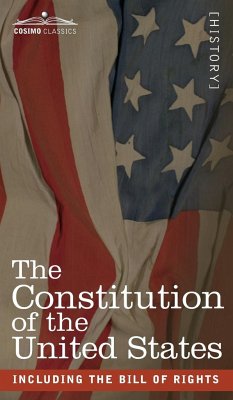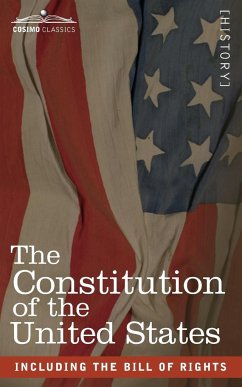Appearing for the first time in English, this award-winning book is a masterpiece of scholarship that reads like an adventure story. In The United States and the Pacific, Jean Heffer offers a history of the Pacific as a "frontier" of the United States, with economics, politics, and culture as his central areas of consideration. Heffer remarks that, "it is often said nowadays that the Pacific will become the center of the world in the 21st century." While many studies have analyzed specific zones or regions within the Pacific, The United States and the Pacific is one of the first to consider the whole of this vast ocean and its coasts as a single unit of study. In broadening the scope of analysis, one of Heffer's primary aims is to expand American understanding of the term "frontier" to include the Pacific and its nations. Heffer focuses on three major chronological periods. The first period stretches from 1784, the year the first ship flying the American flag reached China, to 1867, the eve of the Civil War. During this period, America's presence was expanding throughout the entire ocean. The second period, from 1868 to Pearl Harbor in 1941, witnessed a simultaneous contraction of the area within which various American interests were active, and a gradual integration of the frontier region. Finally, World War II marks the beginning of the third period, which concludes in 1994, during which, Heffer argues, the entire Pacific becomes an "American lake" and the former frontier begins to disappear. The United States and the Pacific is populated with fascinating characters, including whalers, missionaries, investors, sailors, diplomats, and merchant marines. Heffer's provocative and challenging history of the Pacific as a "frontier" entertains as it informs.
Hinweis: Dieser Artikel kann nur an eine deutsche Lieferadresse ausgeliefert werden.
Hinweis: Dieser Artikel kann nur an eine deutsche Lieferadresse ausgeliefert werden.









